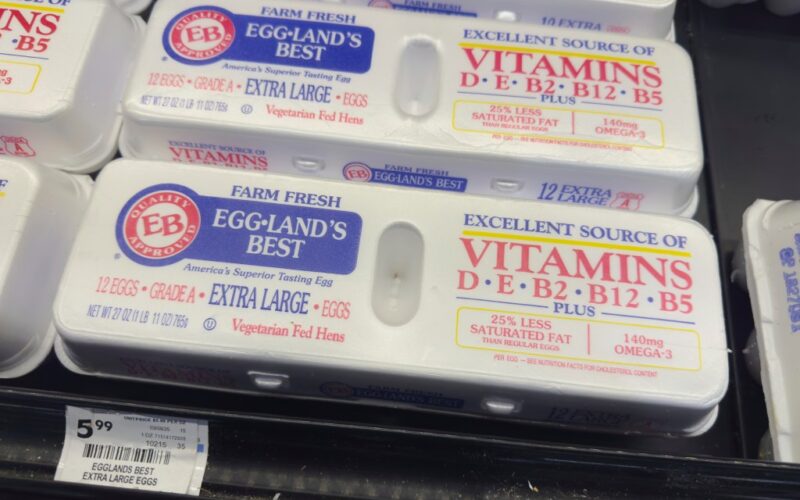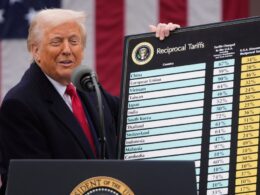With Easter just around the corner, the cost of a dozen eggs reached a new high of $6.23 last month.
The peak price came despite a drop in wholesale costs and no new bird flu outbreaks at egg farms. That hike threatens to raise the stakes for upcoming Easter Egg hunts throughout the city over the next week.
A dozen eggs sold for $5.90 in February and $4.95 in January, according to the U.S. Bureau of Labor Statistics. President Trump, who campaigned on lowering the price of groceries including eggs, has promised costs would drop for consumers.
The wholesale price for eggs fell in mid-March, but that decrease isn’t yet being seen at supermarket checkout counters. Eggs tend to be in higher demand around Easter, which is April 20.
More than 30 million egg-laying chickens were killed to prevent the spread of bird flu in the first couple months of the year. That culling was blamed for a shortage of eggs and higher costs. Just over 2 million birds were killed in March, but they weren’t on egg farms.
The Trump Administration credited Agriculture Secretary Brooke Rollins for working to bring down costs by investing in bird flu prevention last month. That potential long-term fix hasn’t so far impacted the retail market. The USDA predicts the price of eggs will rise by more than 40% in 2025.
In a possible sign of the times, the White House has solicited corporate sponsorships for its annual Easter Egg Roll, according to multiple reports. Companies wanting to take advantage of that advertising opportunity could shell out up to $250,000 to procure naming rights to the 150-year-old event and place their logos outside the White House.
With News Wire Services








